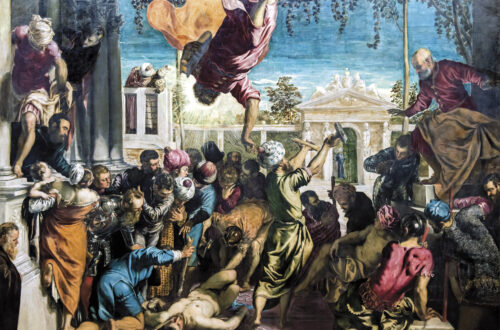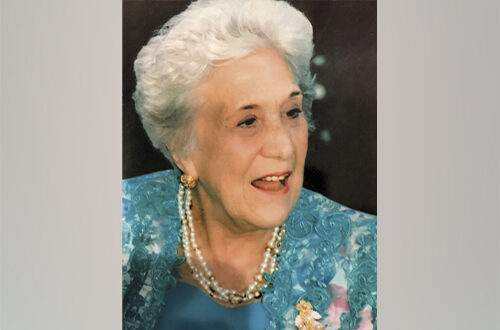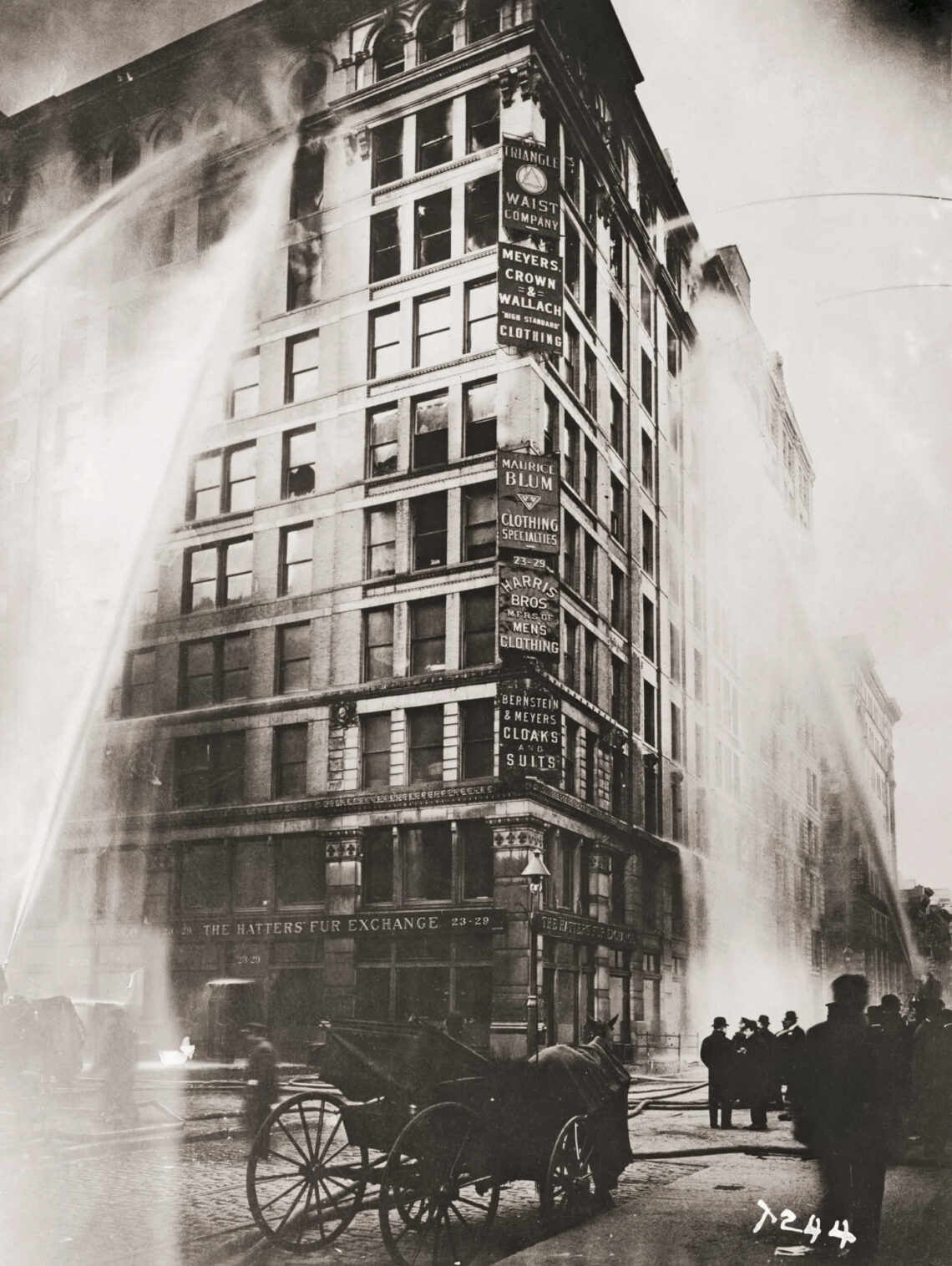
Writer and Educator Edvige Giunta Describes Impact of Triangle Fire Tragedy
By Nancy DeSanti, 1st Vice President-Programs
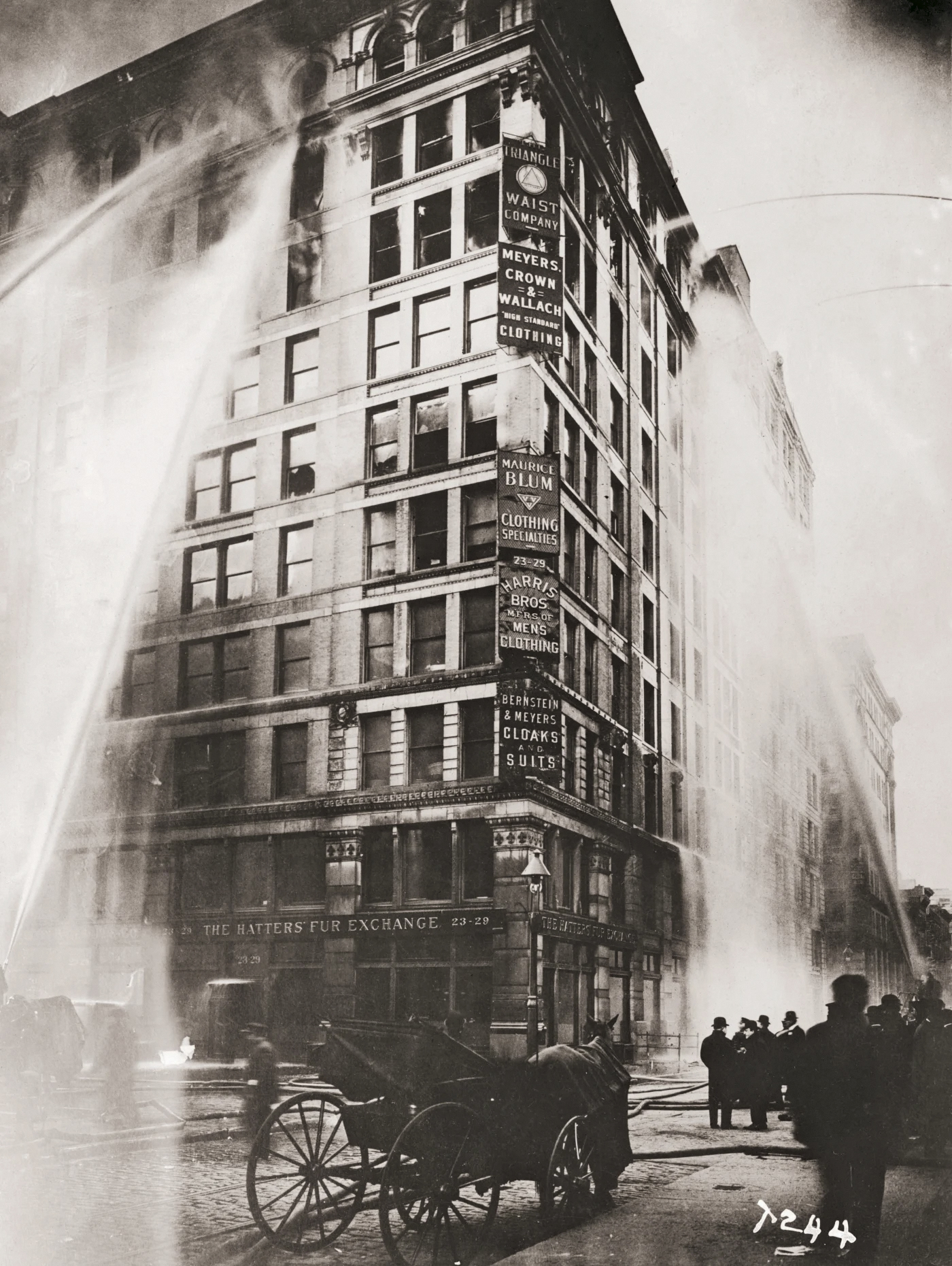
Credit: History.com
Writer and educator Edvige Giunta treated AMHS members to a passionate and informative virtual program on August 27 about the impact of the Triangle Shirtwaist Factory fire of 1911 in New York City, a tragedy that touches on women’s rights, workers’ rights and immigration.
The fire killed 146 workers in a mere 15 minutes. The victims were mostly immigrants, specifically Italian and Eastern European Jewish women and girls. The fire in Greenwich Village on March 25, 1911, was the deadliest industrial disaster in the city’s history. Professor Giunta explained to us how this tragedy eventually led to laws requiring improved factory safety standards and helped spur the growth of the unions that fought for better working conditions for sweatshop workers.
Edvige’s book on the subject, co-edited with Mary Anne Trasciatti, is “Talking to the Girls: Intimate and Political Essays on the Triangle Shirtwaist Factory Fire.” She calls it a “labor of love” and “candid and intimate accounts of the tragedy that shaped American labor rights.”
This book is the first anthology on the Triangle fire, in which family members, writers, artists, teachers, and activists explore the lasting memory of the fire in their lives. Professor Giunta talked about the very personal essays by the son of Isidore Abramowitz, the man who was believed to have accidentally started the fire, and by the grandson of Frances Perkins, the woman who later became President Franklin D. Roosevelt’s Secretary of Labor, and who went on to play a key role in enacting worker safety laws, Social Security, unemployment insurance and more.
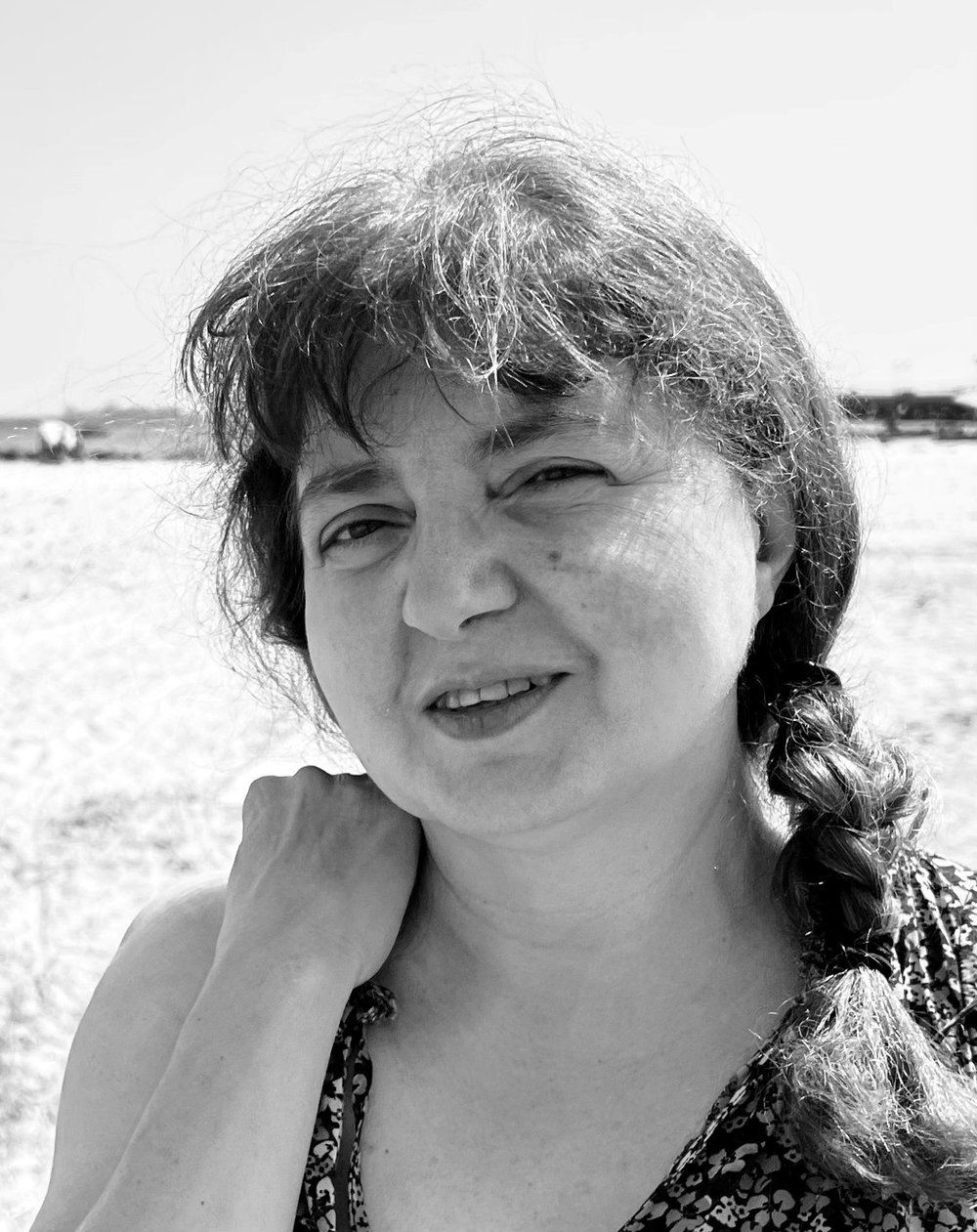
Credit: Courtesy of Edvige Giunta
After noting that the victims were women and girls as young as 14, Edvige asked everyone to go to the website rememberthetrianglefire.org and pick out a name of one of the victims, and “hold it in your heart.” She said each worker had her own story, which began with a name.
Professor Giunta, who grew up in Gela, Sicily, told us that she first heard about the Triangle fire when she was a 17-year-old girl in Sicily, the same age as some of the victims. At that time, she did not know that many of the victims were Italian (at least 26 of the victims were Sicilian).
Edvige mentioned that each year on the March 25 anniversary of the fire, a ceremony is held at the Asch Building near Washington Square Park in New York City and the names of the victims are recalled. To keep the memory alive, she said next year, a permanent memorial is expected to be completed and inaugurated. As she noted, such tragedies are not all in the past, they are still occurring in parts of the world such as Bangladesh.
Edvige Giunta was born and raised in Sicily, where she studied at the University of Catania. She moved to the United States to study literature at the University of Miami, where she received an M.A. and a Ph.D. in English. She regards herself as both Italian and Italian-American, having dual citizenship and having lived in the U.S. for almost 40 years.
A regular contributor to Italian American studies, she is the author of “Writing with an Accent: Contemporary Italian American Women Authors.” She has coedited six anthologies. In Italy, she has published “Dire l’indicibile: il memoir delle autrici italo americane.” As a professor of English at New Jersey City University, she has trained scores of students, many of them first-generation immigrants, in the art of memoir and has also taught memoir for writers of all backgrounds and levels in the U.S. and Italy. She has completed “No Confetti for the Dead,” a memoir moored in the space between her homeland of Sicily and North America.
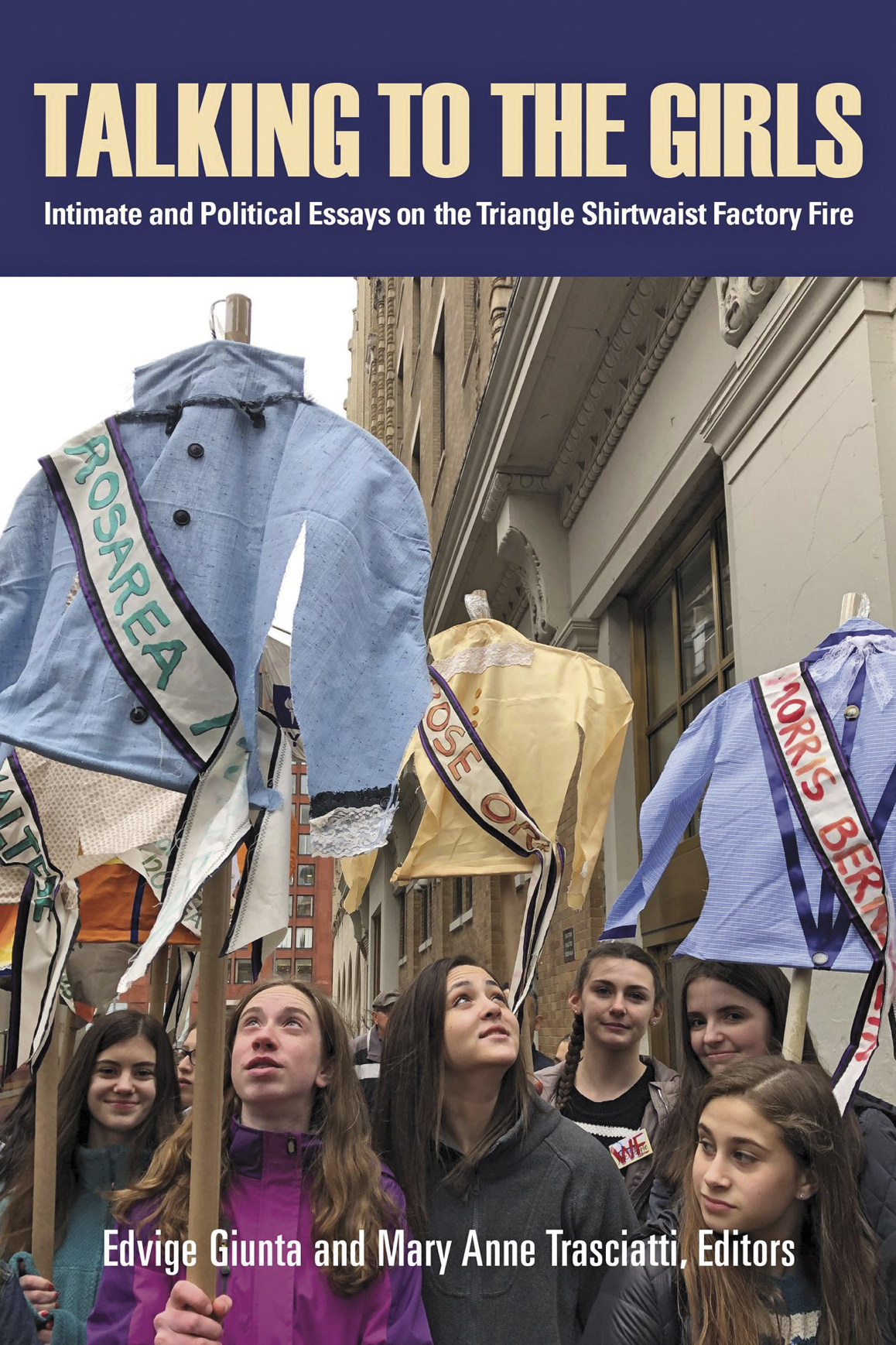
A big thank you to AMHS member Kirsten Keppel for suggesting the topic and speaker, from whom she has taken several workshops.
Edvige’s Homework Assignment
During her talk, Edvige invited participants to write something afterwards about a personal or historical memory which meant something to them. After giving it some thought, I decided to write a few words about a personal memory with some historical meaning too.
I remembered that when I was a kid, I visited the town in Italy where my father grew up, San Giorgio di Pesaro in the Le Marche region. I remember seeing the Metauro River, which is now almost dried up but which my father used to cross by donkey cart as a boy, and then learning that it was the site of what is considered by historians to be one of the 15 most decisive battles in history (the Battle of the Metaurus River during the Second Punic War, fought between the armies of Rome and Carthage in 207 B.C.).
To briefly summarize its significance—the battle was between the Roman army and the army of Hasdrubal, the brother of Hannibal of Carthage. The Roman consuls outfoxed Hasdrubal, thanks to the interception of communications between the brothers and thanks to the brilliant military strategies of the Romans. After Hasdrubal was killed in battle, his head was severed from his body, taken south, and thrown into Hannibal’s camp as a token of his brother’s defeat. The battle confirmed Roman supremacy, and without Hasdrubal’s army to support him, the demoralized, stranded Hannibal was compelled to retreat.
Even the small towns in Italy have some amazing history!!
November/December 2022



